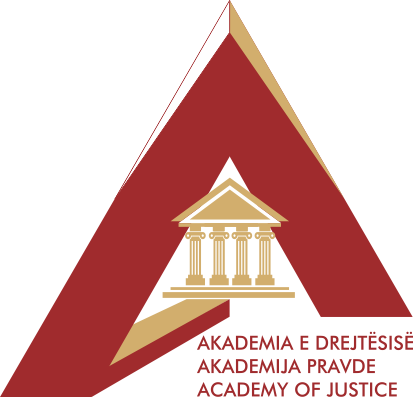
 ACADEMYOF JUSTICE
ACADEMYOF JUSTICE
During February 5th, 6 and 14 of 2019, academy of Justice within the CTP and with the support of USAID Property Rights Program, organized a training on the Property rights – Jurisprudence of the European Court on Human Rights, that took place in Gjilan, Mitrovica and Peja.
Purpose of these trainings was to enhance the judge’s knowledge on gender sensitivity on property rights particularly of social factors, cultural and traditional that hinder women in Kosovo to exercise freely and effectively their property rights, and efficient identification of these factors in practice and avoiding eventual injustice in the procedure.
The first part made an overview of the actual situation about gender issues in property rights, the socialization process, roles and gender stereotypes. While the second part elaborated on practices and gender sensitive language.
This training emphasized that men and women in Kosovo are not equal, in his light the data collected by the statistics agencies, institutions and NGO’s in Kosovo show that this inequality continues to be actual in every sector. A research conducted by the USAID property Rights Program in 2017 showed that 20% of the women in Kosovo have property registered in their names, from this only 7.8% is an inherited property from their families. The training continued to conclude that the judges should have a more gender sensitive approach. This approach considers specific needs of women and men. Using a gender sensitivity shall pay attention to the roles and different responsibilities that women and men have depending on the context that they live in.
It was also concluded that the concept of gender sensitivity is developed in order to decrease the barriers created by the gender inequality. This concept enables women and men to grow in personal and professional aspect.
This training used methods of theoretical training based on case law and accompanied by interactive and facilitated discussions by experts, provisions of training handouts, hypothetical case analysis that involved discussions on cultural practices, social behavior, and its relations with cases of practicing the women property rights in Kosovo.
Beneficiaries in this training were judges and professional associates of the Basic Courts of Gjilan, Ferizaj, Mitrovica, Peja, Prizren and Gjakova.


14-02-2019